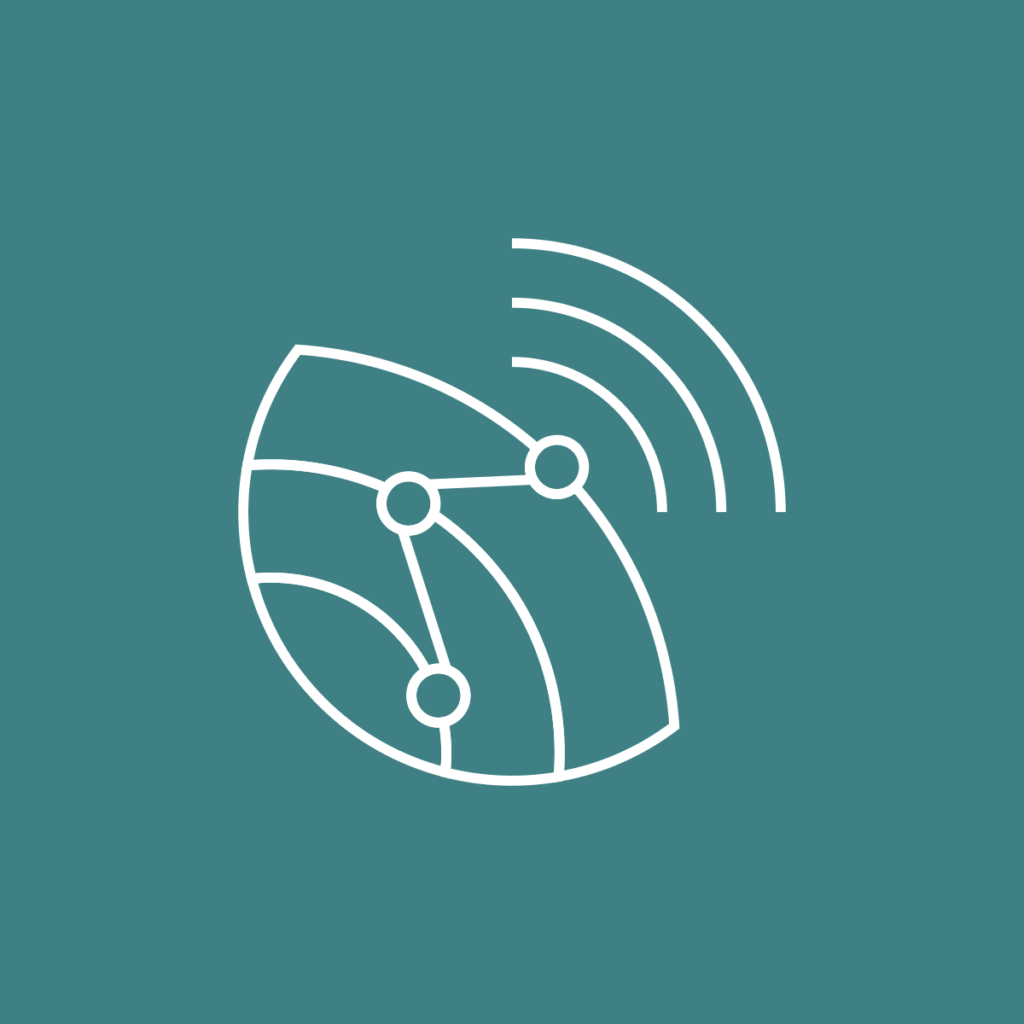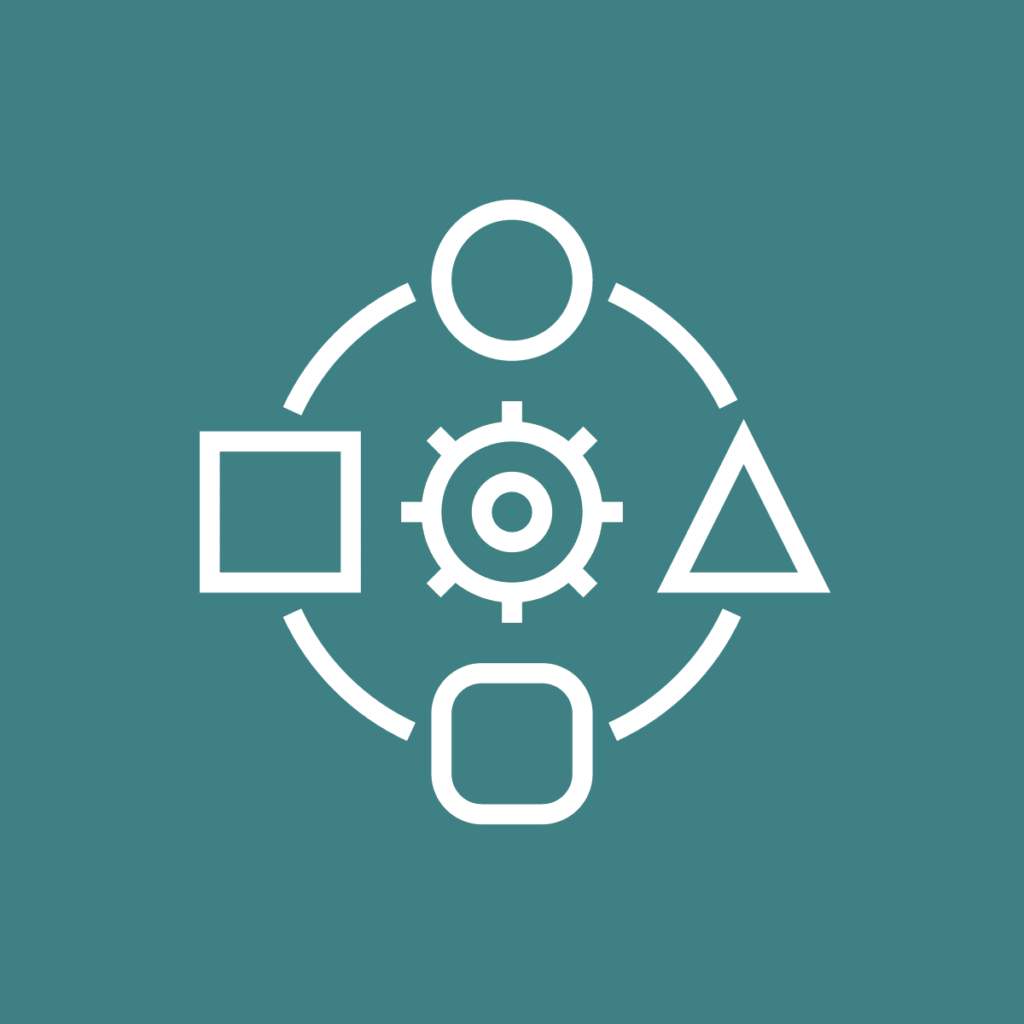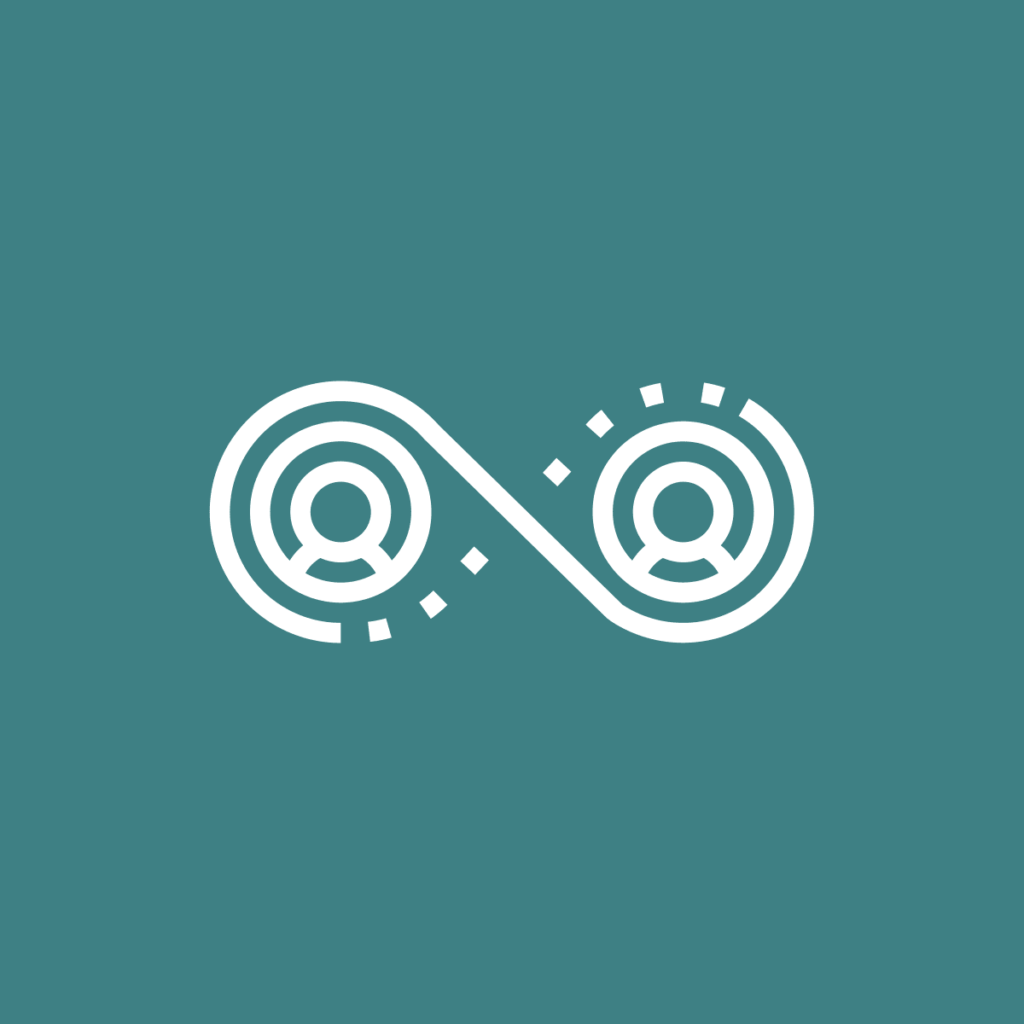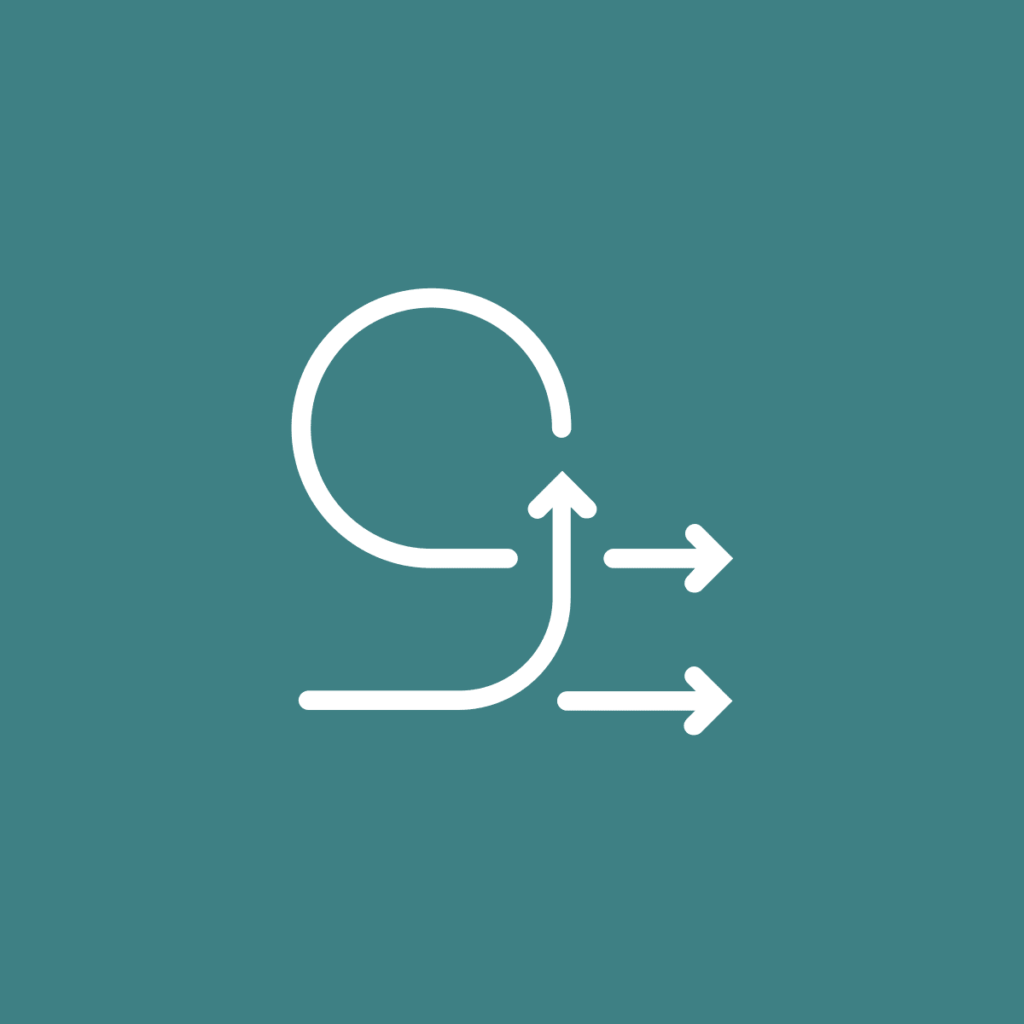Consulting
At GKI, we help institutions, including funders, social impact organizations, and companies develop strategies, capacities, programs, and organizational solutions to support a more inclusive, collaborative, and innovative culture and impact portfolio.
Our Competencies and Tools
Our toolbox at GKI includes practices from a diverse set of fields and schools of thought across systems thinking, human-centered design, collaboration, innovation, network-building, partnerships, leadership, adaptive management, and learning.

System Sensing & Strategy Design
- Stakeholder scan
- Empathy interviews
- Systems mapping
- Initiative scan/Innovation scan
- Social network analysis
- Systems Strategy Labs(™)

Collaborative Design & Innovation Processes
- Challenge framing
- Workshop design & facilitation
- Design sprints
- Innovation challenges
- Solution acceleration
- Social Innovation Labs (™)

Multi-stakeholder Partnerships & Networks
- Match-making
- Partnership facilitation
- Coalition-building
- Network design
- Network governance
- Network management

Adaptive Management & Learning Practices
- Learning agenda
- Systems-Informed M&E
- Pause and reflects
- Data visualization systems
- Feedback loops
- Learning products
We partnered with Heifer International’s Leadership Team to design and facilitate the organization’s 3-day Global Leadership Summit to equip its 140 global leaders on systems approaches. The Summit included training on systems thinking approaches and tools for disrupting agriculture systems to benefit the poor. Followed by engagement with senior staff and the Board of Directors over a year to collaboratively explore their 2030 Aspiration vision in the context of their strategy for systems changed. One of our key collaborators shared the following in speaking about the impacts of COVID, “I do believe – and I would argue the Heifer leadership team also believe – that we are better positioned because of the aspiration and strategy work we had already begun.”
We, along with our partners Secone Muse and Circulate Capital, wanted to analyze marine waste through a systemic lens and trial new approaches to building a stronger waste management ecosystem. Using a causal loop diagram and a stakeholder analysis for the Indonesia Marine Debris Systems Sensing, we coached 45 local waste pickers, businesses, and policymakers to build an understanding of the local and regional waste management community across Surabaya. These insights informed the design of a portfolio of innovative programs and sourcing of innovator cohorts that aligned to needs and opportunities in the local systems.
The Policy LINK project was designed to strengthen the leadership capacity of public, private, and civil society actors and foster collective action among them to transform policy systems for agricultural progress. We structured meaningful opportunities for dialogue, learning, and adaptation to improve their programmatic and strategic work and supported stakeholders to engage in cross-country dialogue and learning. In 2020-2021, we virtually engaged over 200 institutional and community members in South Sudan in system mapping, systems sensemaking, and data visualization workshops. These engagements uncovered who community members turn to in periods of shocks (e.g., droughts) and how humanitarian organizations working within these communities coordinate with one another to meet various needs. Ultimately, building an understanding of their engagement patterns to facilitate prioritization and joint action planning.
Malawi is a country subject to recurring droughts and food insecurity. As part of the design process, we conducted a landscape analysis of best practices in youth entrepreneurship and accelerator programs, globally, regionally, and locally. We also deployed a series of business acceleration design sprints to gather unique, observable insights about the needs and challenges of local business builders and innovators, and mapped the local entrepreneurial ecosystem. The insights informed the design of a unique, hyper-local, replicable innovation program for ATI to implement in a complex and vulnerable agriculture context.
As a core design and co-creation partner on the 5-year, $24 million USD USAID’s Catalyst buy-in mechanism, we supported multiple programs, including the Dig Data Challenge, the Inclusive Health Access Prize, and the Resilient, Inclusive, & Sustainable Environments (RISE) Challenge, This last program designed by us using insights gathered from stakeholders across the gender, environment, academic, donor, and practitioner communities. We also supported the organization of the Systems Summit, a 3-day workshop to provide the innovator cohort with skills building, networking, and a deeper understanding of systems-informed project design and scale-up.
We led a process of redesigning and reactivating the YouthPower Learning Network which consists of global youth practitioners working to help other youths like them reach their full potential. Established in 2016, the network serves as a platform for youth practitioners to produce, create, and share tools and resources and to draw lessons from one another’s experiences. Despite being a network of about 5,000 individuals, it suffered from low engagement. We were asked to assess the network structures and lead a network redesign process. Through a human-centered, member-informed approach, we co-created solutions with network members, aligning incentives to increase member engagement, and creating spaces for youth to lead the way.
We worked with students, researchers, and staff at UTM and the community of Air Papan, Malaysia, to identify opportunities for collaborative research on community water challenges. To enable this co-creation, we trained university faculty, students, and researchers in community engagement methods and facilitated a workshop to find alignment between community needs and UTM research goals. Following the co-creation event, students and staff developed research proposals on water issues prioritized by the community; each project received funding to carry out its work. The university also built an institute that trains on our methods.
We served as an advisor and facilitators of 20-25 coffee sector actors to build a shared vision for collective impact. These actors included farmers, NGOs, importers, roasters, traders, the U.S. government, foundations, the trade industry, financiers, and certifiers. We designed and facilitated a co-created partnership strategy to enable stakeholders to innovate collectively, discover new approaches, and drive collective commitments to solve the worldwide coffee price crisis that is devastating families and communities in the coffee industry.
